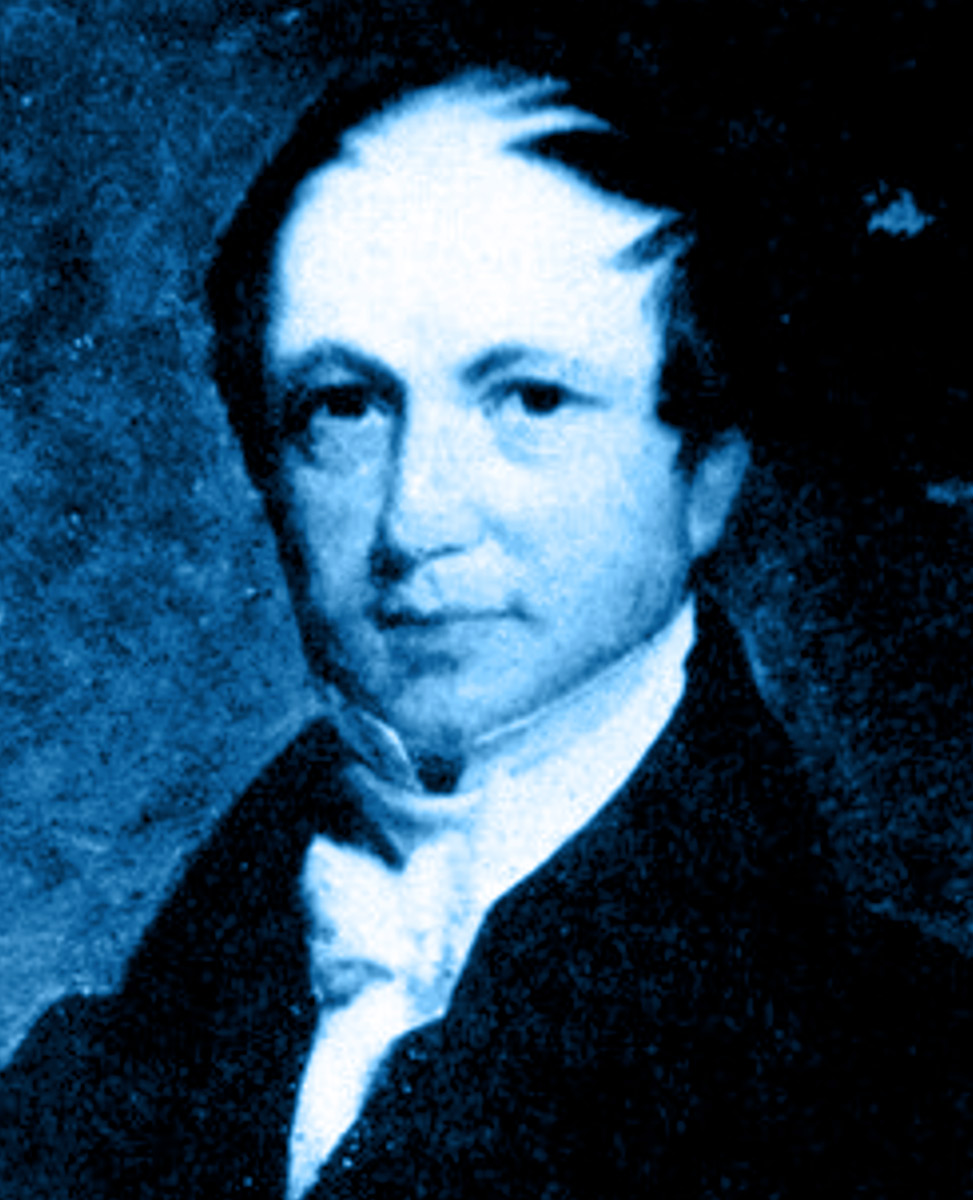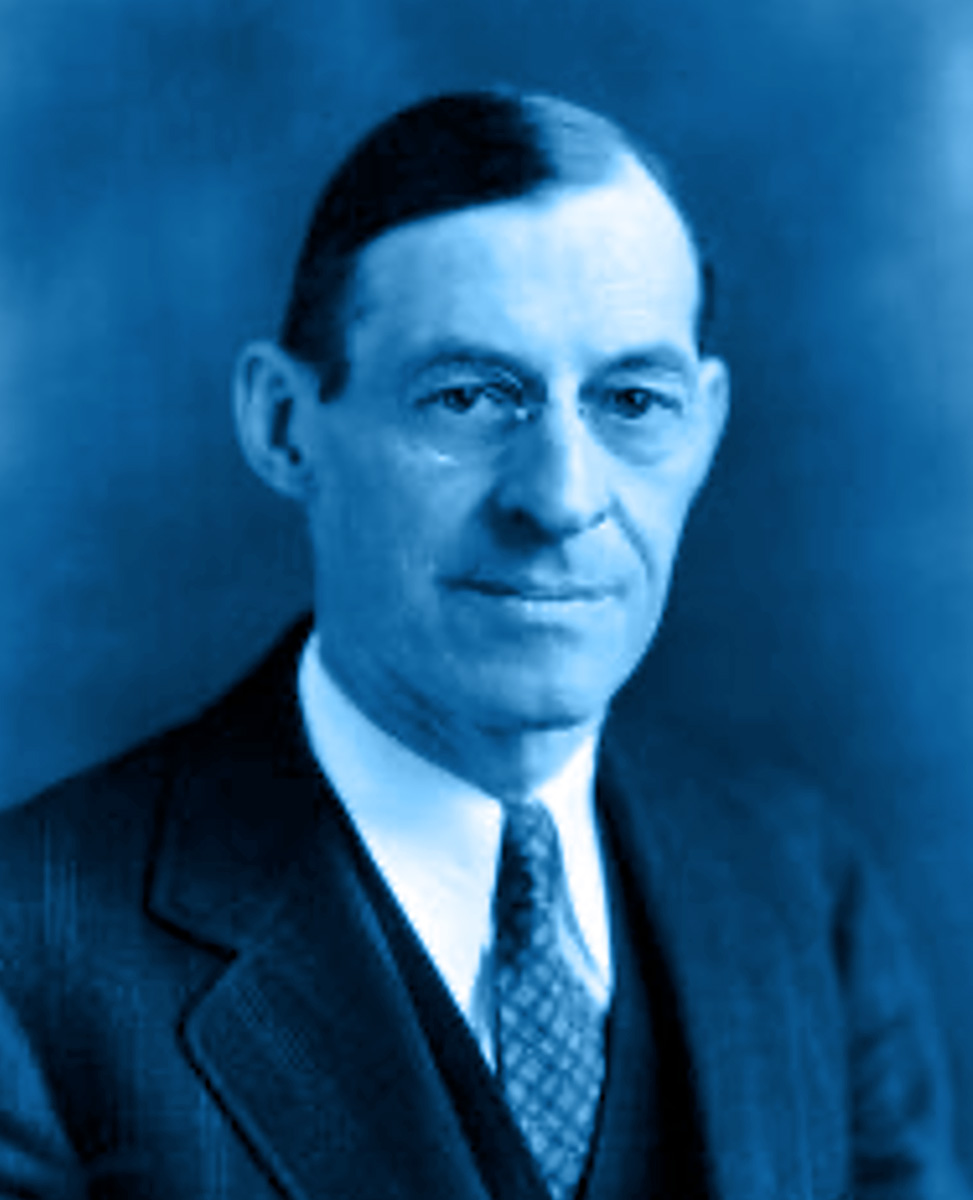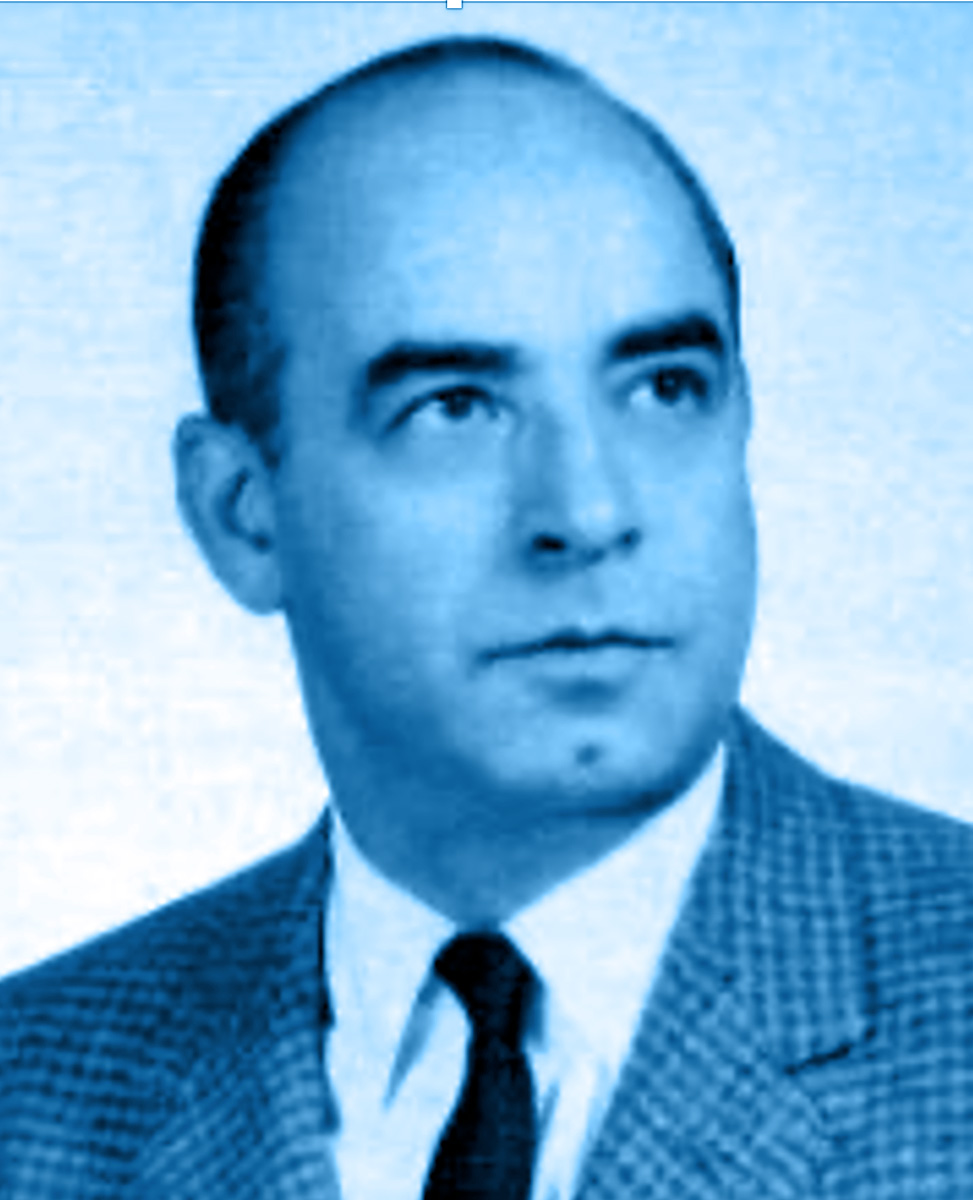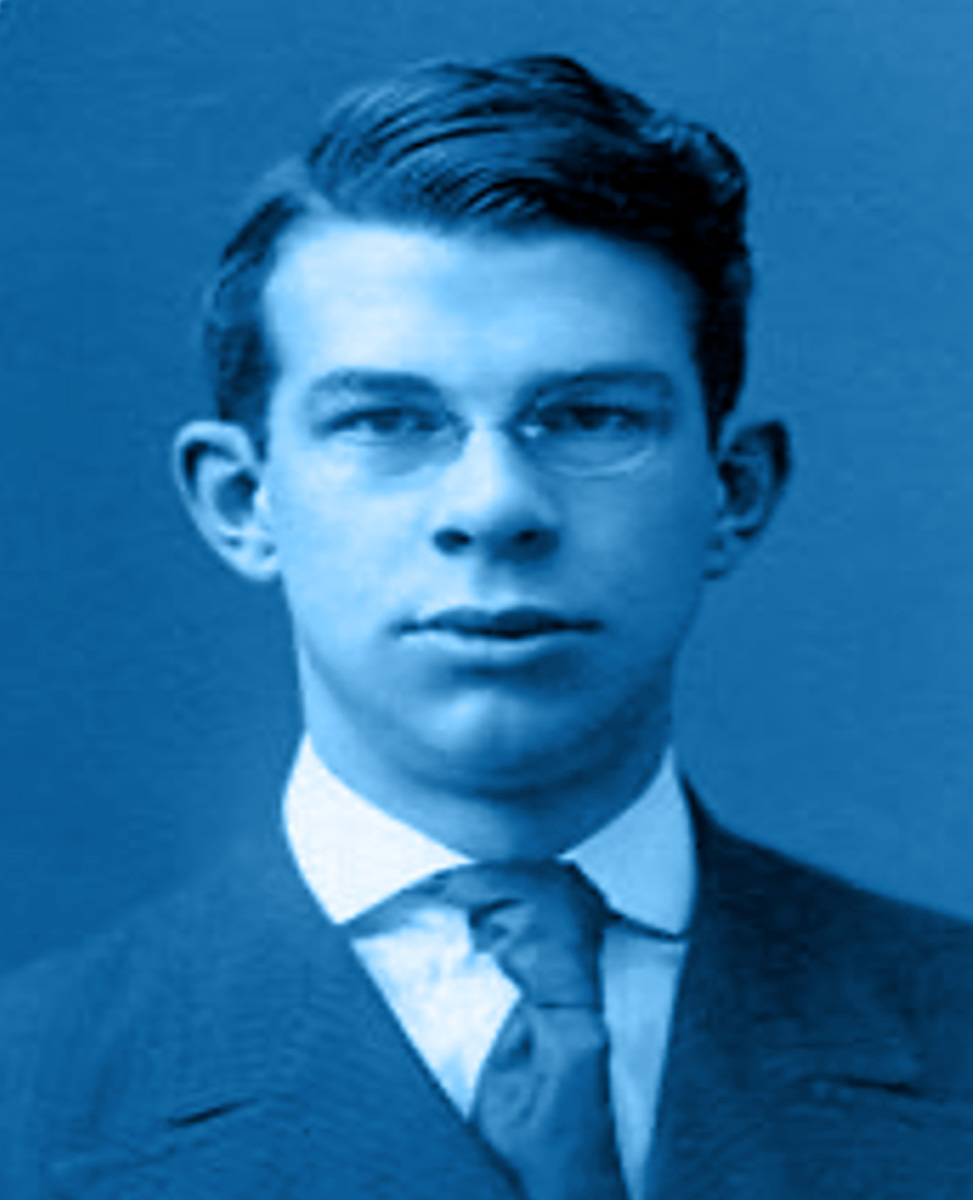Our History
Department History
Language in the Early Years of UNC
Modern foreign languages were among the first subjects taught at the University of North Carolina. As John and Ebenezer Pettigrew wrote to their father in 1795, “All of our class study french [sic] one half of the day, and lattin [sic] the other half.” Pettigrew Family Papers, Southern Historical Collection, Wilson Library, UNC.
Thereafter, the record is spotty. We know that French and German had a place in the curriculum, and that the teacher of French or German was expected to teach Spanish. Nicolas Marcellus Hentz, who had the impressive title of Professor of Modern Languages, 1826, was the first UNC professor whose duties were to teach French and Spanish regularly.
This early inclusion of modern languages in the university curriculum was bolstered by Harvard’s appointment of George Ticknor to the Smith Professorship of French and Spanish and Belles Lettres, 1819, and the appointment of Louis Hargouis, as instructor of French and Spanish at Princeton (or the College of New Jersey as it was then known).

Ebenezer Pettigrew, studied Modern Foreign Languages at UNC during the late 1700’s.
Department Pioneers
The pioneering achievements of early professors such as William Dey, Sturgis Leavitt, Howard Huse, N. B. Adams, Urban Tigner Holmes, Jr., and W. L. Wiley are recognized for the generations of scholars they trained and for their inspirational teaching. Several of their disciples later became faculty members of the Department. Now gone, but never forgotten, are: Professors J. Cortés, G. Daniel, F. Duffey, A. Ebersole, A. Engstrom, E. Falk, J. Hardré, A. Maissen, W. McKnight, E. Morot-Sir, L. Sharpe, and S. Stoudemire.
The Department was housed in Murphey Hall in the 1920s. However, with the great increase in University enrollment after World War II–and with the greater importance given modern foreign language instruction as the Space Age began in the 1950s–it became clear that not only more space but advanced audiovisual equipment for that purpose should be provided by the State of North Carolina.
Under the direction of the Department’s second chair, Prof. Sterling A. Stoudemire, 1949-64, plans were drawn up and approved for a new building to be devoted exclusively to modern foreign language instruction. This four-story edifice, the first on campus to be built with central air conditioning, was named in memory of Professor Dey. It was completed in 1962 and became the home of three departments, Romance Languages, Germanic Languages and Linguistics, and the Curriculum in Comparative Literature. All shared language laboratory facilities.

Dey Hall namesake, William Morton Dey, was at UNC from 1909-1949.
50 Years of Expansion
It soon became apparent that the rapid growth of the University and increasing demand for language training required considerably more space and equipment. A major expansion of the building was completed in the summer of 1969, during the tenure of the Department’s third chairman, Prof. Jacques Hardré, 1964-1975.
In these years, the department also recruited several new faculty members whose research took the Romance Languages program in new directions, with a greater emphasis on literary criticism and theory. These major curricular changes were in place by the early 1970s.
With increased resources, it was possible to develop Ph.D. programs in Italian and Portuguese. Undergraduate enrollments in those language fields, along with French and Spanish, increased significantly.
In the late twentieth century, the Department instituted new course offerings at the undergraduate and graduate levels that incorporate business and the professions, culture, minoritized cultures and literatures, theory, film, environmental and medical humanities, and Indigenous Studies. Romance Studies has also been a campus and professional leader in course redesign and the incorporation of technology into teaching.

The Department’s 3rd Chairman, Jacques Hardré
Publications
At the present time, the Department maintains three internationally recognized publications. The oldest of these is themonograph series, Studies in the Romance Languages and Literatures, founded in 1940 with Professor Sturgis E. Leavitt as its first editor-in-chief. Over the years it has published more than 250 titles.
The second-oldest departmental publication is the journal Romance Notes, founded in 1959 by Professor U. T. Holmes, Jr. It has forty-six annual volumes published to date.
The third publication is the journal Hispanófila, founded by Prof. Alva V. Ebersole and brought by him to the Department in 1968. To date it has published 116 issues.

Sturgis E. Leavitt, first editor of the monograph series.
Study Abroad
The Department was the first to establish study abroad programs for Chapel Hill students. The UNC at Montpellier program in France was first established at the University of Lyon in 1964. It then moved to the University of Orleans in 1974 and to the University of Montpellier in 1976. The UNC Year at Seville, Spain program was established in 1973. In 2007 both programs were moved to the Study Abroad, which also administers programs in Italy and Brazil.
The Department maintains graduate exchange programs with the Universities of Montpellier, France, and the University of Seville, Spain.
The 21st Century & Beyond
The faculty continues to garner awards, honors, and grants; add to its distinguished record of publications; and manage an endowment that funds undergraduate prizes and awards, and graduate fellowships and research.
The faculty is committed to maintaining the Department’s scholarly publishing reputation while embracing new trends in critical, cultural theory, digital humanities, and engaged scholarship, and endeavoring to provide a thorough educational experience to undergraduate and graduate students. Recently, the department has also added course offerings in less commonly taught languages relevant to Romance Studies, including Romanian, Basque, Galician, Catalan, and (soon) Yucatec Maya.
In 2014, the Department took a major new step, becoming the Department of Romance Studies. The name change addresses current trends in the profession, where Romance Studies departments have attempted to break down traditional barriers in scholarship, placing more emphasis on interdisciplinary research and teaching. The change of the name captures the variety of approaches embraced by the faculty to the study and teaching of languages and literary and nonliterary texts and cultures of the Americas, Europe, and the Mediterranean.
